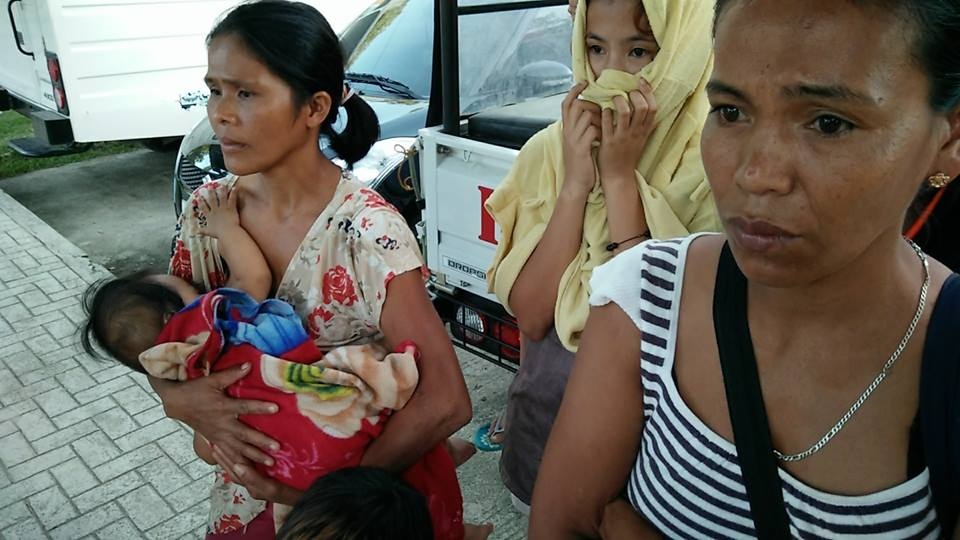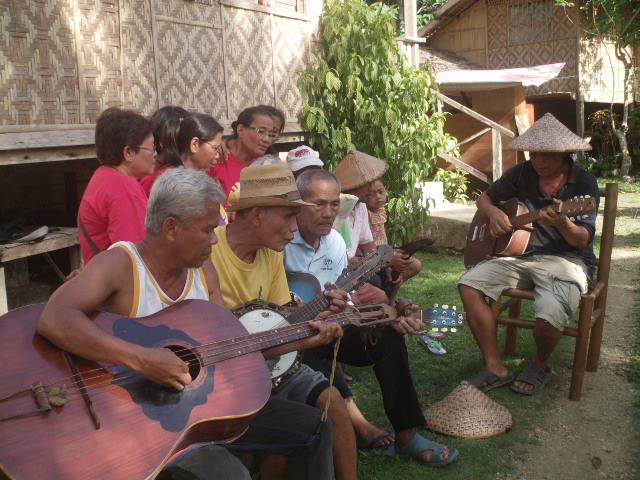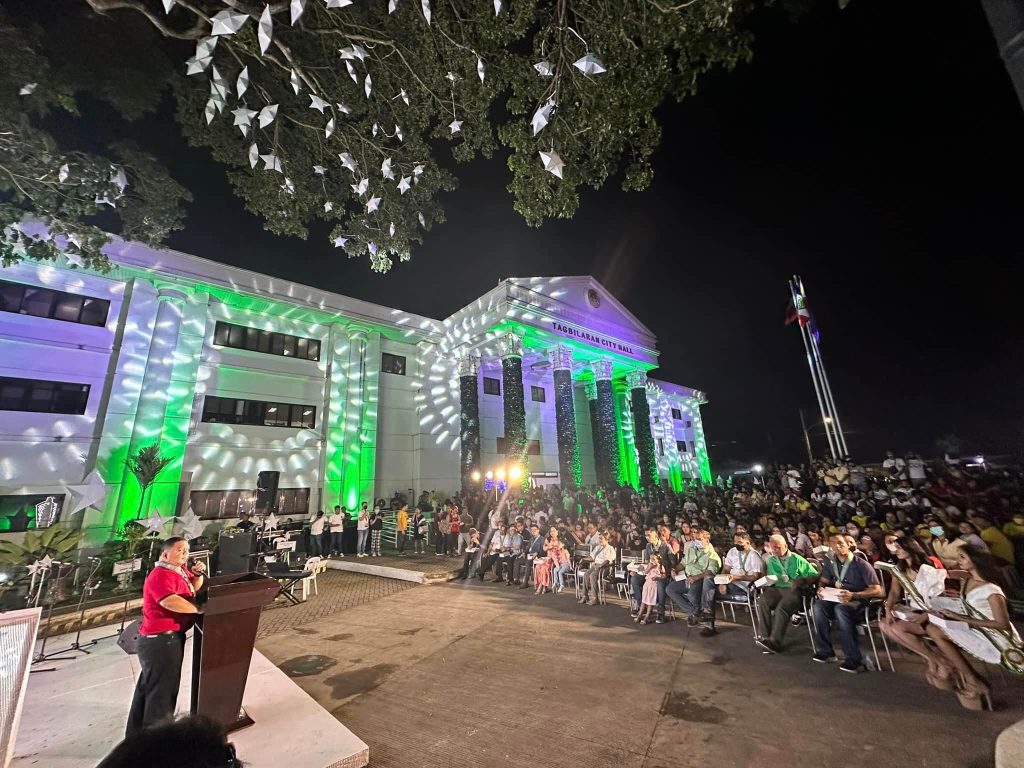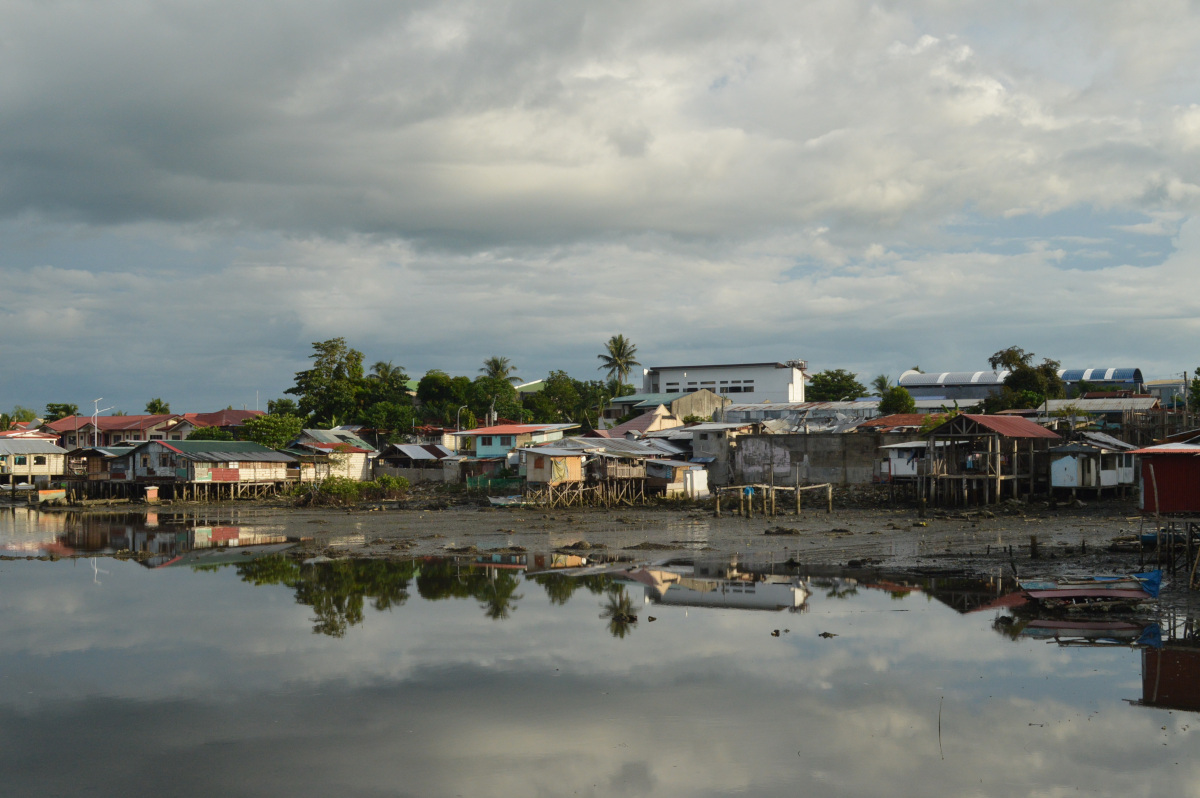
By PROCOPIO RESABAL, JR
The TV White Space partnership, an innovative collaboration between the Philippine Department of Agriculture’s Bureau of Fisheries and Aquatic Resources and the United States Agency for International Development (USAID) that extends internet access to remote and underserved coastal communities in the Philippines won this year’s Public-Private Partnership (P3) Impact Award.
The partnership, under USAID’s five-year Ecosystems Improved for Sustainable Fisheries (ECOFISH) project, aims to improve the lives of fisher-folk and coastal fisheries management in the Philippines by extending internet access to remote and underserved coastal communities.
Launched in 2012, USAID’s ECOFISH project protects biological diversity and boosts livelihoods in eight key marine biodiversity areas throughout the Philippines, including Lingayen Gulf, Verde Island Passage, Calamianes Island Group, Ticao-San Bernardino-Lagonoy Gulf, Danajon Reef, South Negros Island, Surigao del Sur and del Norte, and Sulu Archipelago.
It was piloted in Bohol, the first time for this technology in the Philippines.
Ecofish “deploys Microsoft’s TV White Space technology, which generates long range wireless internet connectivity by utilizing empty television UHF and VHF broadcast channels…” effectively connecting “schools and community centers in six remote municipalities to the internet… benefitting more than 250,000 people.”
TV White Space refers to frequencies allotted for broadcasting service but not used locally and could be freely accessed, said Lawrence Ang, private-public partnership specialist who demonstrated in Tubigon how the technology works in relief operations and coastal marine management to a USAID team.
TV White Space hubs also help to save lives. When a 7.2 magnitude earthquake struck Bohol Province in October 2013, TV White Space was “the only means of communication (in many parts of the island) when mobile phone service went down, helping relief workers coordinate their work and survivors to contact loved ones,” a USAID source disclosed.
“The partnership supports a new mobile online system to register fisher-folk in hundreds of rural communities. This system enables the government to better understand where fishing is taking place. This helps officials better manage precious and threatened fish stocks,” he added.
“Leveraging public-private partnerships is a critical pillar of how USAID operates,” Dr. Susan Brems, USAID Philippines’ Mission Director, was quoted by the Public Affairs Office of the U.S. Embassy. TV White Space experience, she added, “demonstrates how innovative partnerships can provide targeted assistance, in this case, to the environment and fisheries sector, as we pursue our shared vision of inclusive and sustainable growth for Filipinos.”
Concordia, the University of Virginia Darden School of Business Institute for Business in Society, and the U.S. Department of State Secretary’s Office of Global Partnerships created the P3 Impact Award to recognize public-private partnerships that are changing the world in innovative and impactful ways.
The P3 Award was announced at the Concordia Summit in New York City on October 2. Vice President Joe Biden attended the Summit, and Secretary of State John Kerry offered his congratulations to the Government of the Philippines, USAID, and Microsoft for their partnership’s impact in improving livelihoods and supporting sustainable fisheries management in the Philippines, the Public Affairs Office of the US Embassy reported.





